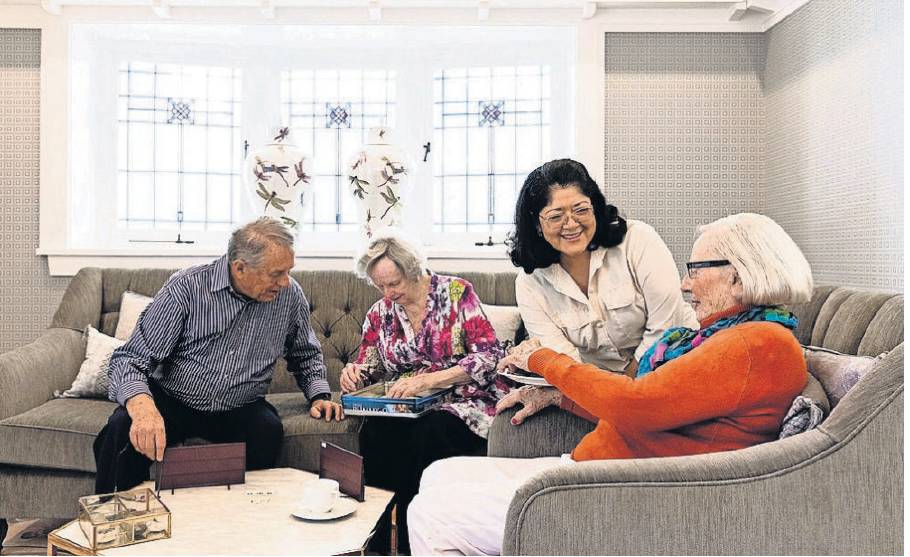The provider ‘doing dementia differently’
Group Homes Australia’s dementia retreat series will share life-improving approaches and techniques.
Receiving a diagnosis of dementia is the beginning of a health journey that can be frustrating and isolating for those living with the disease and the people who love and support them. That’s because, unlike other chronic illnesses such as diabetes, a dementia diagnosis comes with little or no resources or support to live well with the diagnosis.
“We know that often with dementia you get a diagnosis and not much more,” says Tamar Krebs, founder and executive director of Group Homes Australia.
Krebs explains that, while dementia diagnosis is improving, teaching the skills and strategies that will allow people living with dementia (PLWD) to live well – at home and in the community and with their friends and loved ones – is sadly overlooked.
Group Homes Australia is resolved to do something about this. The company recently received a grant from the Department of Health and Aged Care that will help it to improve post-diagnostic support for those living with dementia and their loved ones through a series of residential retreats.
Each five-day program will address the immediate needs of PLWD while also sharing cutting-edge approaches and techniques to improve life with dementia.
Research has shown that by giving PLWD and their support partners the essential tools and knowledge that allow them to live comfortably at home after diagnosis can help to delay or, in some cases, prevent admission into long-term care.
The innovative approach taken by Group Homes Australia at its retreats will include the principles of ‘‘rementia’’, a process of relearning essential skills and knowledge that will help PLWD live with meaning and purpose within their home, as well as reducing carer frustration and fatigue.
It will also share strategies and tools to create ‘‘cognitive ramps’’ that are essential strategies to live beyond their diagnosis.
“It is about how to adapt their environment, how to find meaning and purpose to bring out a better quality of life and allow them to be the best version of themselves,” Krebs says.
The residential retreats will bring together five couples for five days.
The first one will take place in Group Homes Australia’s newest home in Castle Hill, and will include insights into diagnosis, exploring what dementia is and isn’t, peer support for carers, and the legal and financial ramifications of a diagnosis.
Also to be addressed are holistic elements such as food and mood (exploring the increasingly recognised link between gut health and brain health) and exercise and sleep, which Krebs calls the “washing machine of the brain’’.
The retreats will also explore what happens when dementia symptoms worsen.
“With dementia, there is a focus on what is lost instead of focusing on what is still there,” Krebs says. “The Wabi Sabi approach is about the art of imperfection, no matter how imperfect that is.”
Post-retreat support includes two coaching sessions and phone consultation when required.
The 33 fully funded five-day residential retreats are set to take place in Sydney and rural NSW over the next three years, with the first retreat scheduled for late August.
“We believe in upskilling the family, social networks and people living with dementia to make Australian society more inclusive,” Krebs says. “We are pushing the boundaries and doing dementia differently.”
Group Homes Australia is a private provider offering 24/7 care in small, intimate homes integrated within the community. Visit grouphomes.com.au
